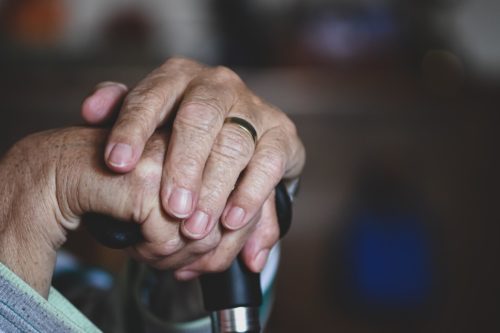
When placing a loved one in a nursing home, families trust that the facility and its staff will provide the utmost care and respect for their family members. The well-being, safety, and health of elderly residents are paramount. But what exactly are the responsibilities of nursing home staff? Understanding these duties can help families better assess whether a nursing home is living up to the standards and rights of its residents. Please continue reading and reach out to a seasoned California nursing home abuse lawyer from Cowdrey Jenkins, LLP to learn more about what nursing home staff members are responsible for and how our firm can help if you believe your loved one has been harmed in a nursing home due to staff dereliction of duty. Here are some of the questions you may have:
What Is the Primary Duty of Nursing Home Staff?
At the heart of their duties, nursing home staff must ensure the health, safety, and general welfare of every resident. This involves not just basic care like feeding, bathing, and providing medical attention but also ensuring that each resident is treated with dignity, respect, and compassion. It is crucial for families to know that their loved one’s physical and emotional well-being is being looked after with utmost professionalism and sensitivity.
Are Nursing Home Staff Members Trained to Handle Specific Medical Needs?
Yes, a significant part of nursing home responsibilities revolves around catering to the specific medical needs of the residents. This includes:
- Administering medications accurately and punctually.
- Monitoring residents for any changes in their health.
- Coordinating with doctors and other medical professionals regarding ongoing treatments or procedures.
- Responding promptly to emergencies.
It’s essential for nursing home staff to be adequately trained and equipped to handle any medical situation or need that arises.
How Do They Ensure Emotional Well-Being?
Emotional and psychological well-being are just as critical as physical health. But how do nursing home staff ensure this?
- Organizing social activities and events for residents.
- Providing counseling or therapy sessions when needed.
- Offering residents the opportunity to voice their concerns or complaints.
- Ensuring a comfortable and homely environment within the facility.
Families should feel confident that their loved ones are not just being cared for physically but also have avenues to express themselves emotionally.
What About Reports of Abuse or Neglect?
Unfortunately, reports of abuse or neglect within nursing homes are not uncommon. It’s imperative for staff to be aware of the signs and to act swiftly if they suspect any maltreatment. Moreover, families and residents should be aware of their rights and the procedures in place to report any suspected abuse. Swift action and open communication are vital to ensure the safety and well-being of all residents.
Are There Protocols in Place for Accountability?
Absolutely. Effective nursing homes prioritize transparency and accountability. Regular staff training, frequent evaluations, and strict adherence to regulations are all part of ensuring that the team is competent and trustworthy. If families suspect any deviation from these responsibilities, they have every right to raise their concerns and expect prompt action.
Entrusting the care of a loved one to a nursing home is a decision made with hope and trust. Understanding the extensive responsibilities of nursing home staff is a crucial step in ensuring that trust is well-placed. If you or someone you know believes that these responsibilities have been neglected or violated, it’s essential to seek legal counsel. Protecting the rights and well-being of our elderly loved ones is a duty we all share.